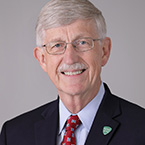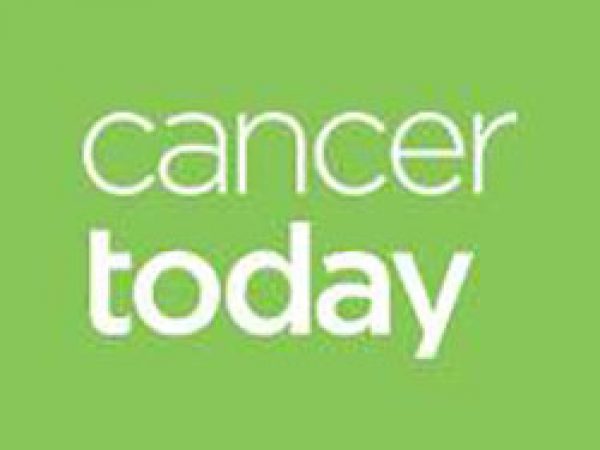AACR Launches 13th Conference on the Science of Cancer Health Disparities
Friday morning, the AACR’s virtual conference on the Science of Cancer Health Disparities in Racial/Ethnic Minorities and the Medically Underserved opened against a backdrop of the global coronavirus pandemic and racial strife in American society. Despite the logistical challenges that have forced nearly all scientific conferences and public meetings into a virtual format, the current climate may be especially ripe for passionate discussions about equity, said Conference Chair John D. Carpten, PhD.

“This year’s conference takes place among calls for significant change to address discrimination throughout American society,” said Carpten, of the University of Southern California Keck School of Medicine. “The AACR, whose core values include diversity and inclusion, has been a key ally in our fight to end disparities.”
In addition to leading this year’s disparities conference, Carpten served as chair of the Steering Committee for the AACR’s just-released Cancer Disparities Progress Report. He is also the chair of the AACR’s Minorities in Cancer Research (MICR) Council. This year marks MICR’s 20th anniversary. Carpten noted the group’s recent call to action, asking the medical community to fight to eliminate disparities and provide ample professional development opportunities for minority scientists and physicians. These publications will underpin the discussions taking place at this year’s conference, Carpten vowed.
“We are excited and proud of the virtual program that’s been developed for you,” Carpten said. “Medical research powers our ability to treat our patients. In conferences like this, as we unite all stakeholders, this fuels the hope that we can improve the lives of everyone.”

MD, PhD
Following Carpten’s opening remarks, Francis S. Collins, MD, PhD, director of the National Institutes of Health (NIH), addressed attendees. Like Carpten, Collins lamented the disproportionate effect the COVID-19 pandemic has had on minority populations. According to the Centers for Disease Control and Prevention, Black and Latino populations have significantly higher rates of COVID-19 cases, hospitalizations, and deaths.
“COVID-19 has shone a bright light onto the tragedy of health inequities in the U.S.,” Collins said. He noted that, like cancer, COVID-19 has taken a more severe toll on Americans with insufficient access to high-quality health care. He applauded the AACR Cancer Disparities Progress Report for calling attention to the gaps in health equity in the United States, and said the NIH will consider its findings as it works to enhance its own efforts to improve equity.
“The NIH has a role here that needs to be deeper and more thoughtful than it has ever been in addressing disparities,” he said. “This is everything we care about in trying to make the world a better place.”
The Opening Session wrapped up with a brief but passionate panel discussion between Carpten, Patricia LoRusso, DO, of the Yale School of Medicine; Brian Rivers, PhD, MPH; of the Morehouse School of Medicine; Chanita Hughes-Halbert, PhD, of the Medical University of South Carolina; Mariana Stern, PhD, of the Keck School of Medicine at the University of Southern California; and Clayton Yates, PhD, of Tuskegee University. Robert Winn, MD, director of the Massey Cancer Center at Virginia Commonwealth University, moderated the panel.
The panelists touched on a broad range of the issues that will be discussed at the disparities conference, from workforce development to biological underpinnings of disparities to minority representation in clinical trials. While the panelists represented a wide array of institutions and professional settings, from urban to rural, and from bench to clinic to dean’s offices, they were united in their belief that research will drive better care and improved outcomes for underserved populations facing COVID-19, cancer, and many other diseases.
Winn urged the panelists to continue translating ideas into concrete actions. “Thank you for helping me reimagine what cancer centers can do,” he said.
The disparities conference will continue through Sunday. Look for highlights on the AACR’s social media channels, follow the meeting on Twitter via the #AACRDisp20 hashtag, and continue reading this blog for full coverage in the coming days.



